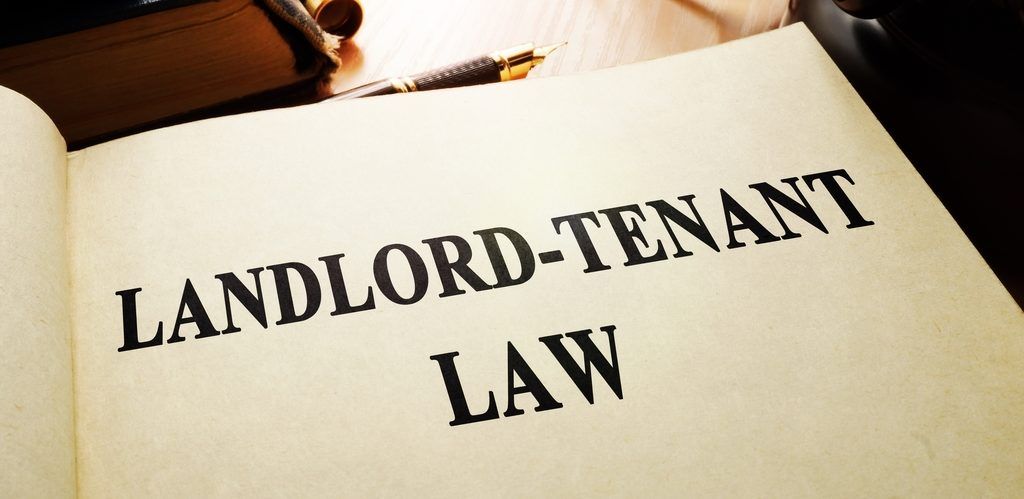What Rights Do You Have as a Residential Landlord?

As a Pennsylvania residential landlord, it’s critical that you know your rights. Meanwhile, you should also ensure that you do your best to protect your interests. Otherwise, you could find yourself facing unnecessary problems.
The Landlord and Tenant Act of 1951 contains vital information for landlords who rent single-family dwellings, apartments, multiple family homes, and tenement buildings. There are several advantages to consulting with an attorney with experience in landlord-tenant law.
Although the courts may recognize an oral agreement you make with a tenant, a written lease agreement serves as better protection. The lease serves as a contract between you and the tenant and establishes the rights and obligations assigned to both parties.
You might be tempted to enter into a verbal lease agreement, which may work as far as establishing a month to month rental contract. Even if there isn’t a problem with collecting rent, you may come across other issues.
For example, you might explicitly tell the tenant that you do not allow pets on the premises. When someone else from your building calls to complain about a dog’s incessant barking, you remind the tenant of your conversation during your first meeting.
The confrontation does not go well, as the tenant appears to have selective memory. Although you consider the tenant in violation of your understanding, you have nothing in writing. Your issue becomes one of credibility should you attempt to evict the tenant -or at least insist on its removal.
Landlords Have Rights in Pennsylvania
There’s a perception that the courts favor tenants in landlord-tenant disputes. However, at the very least, landlords have the right to receive rental payments on a timely basis. Additionally, landlords have the right to ask tenants to execute lease agreements.
In some cases, the terms of the lease agreement may further provide documentation regarding the landlord’s rights, including the following:
- Authorization for credit checks
- Accessibility to premises for safety inspections
- Collection of money for damaged property
- Charges for returned checks
- Lease termination for non-payment or violations
As far as security deposits, landlords have the right to request up to two months of rental payments during the first year. At the end of the lease, the landlord may withhold the security deposit for non-payment of rent or damages to the property.
What Landlords Can’t Do
As a landlord, you may be tempted to enter your tenant’s apartment or home without their permission. While your lease agreement may permit you accessibility, you should exercise caution. The law requires you to let the tenant know your intentions, by providing reasonable notice of at least 24 hours. Additionally, your visit should be for purposes of repair or safety inspections.
You may become frustrated if your tenant fails to pay rent. However, you should not take it upon yourself to put padlocks on the door or remove any items from the rental property.
Contact Us
Have questions as a residential landlord? From the lease agreement to other landlord-tenant issues, Mazzoni Valvano Szewczyk & Karam can help. Contact us to schedule an appointment!

